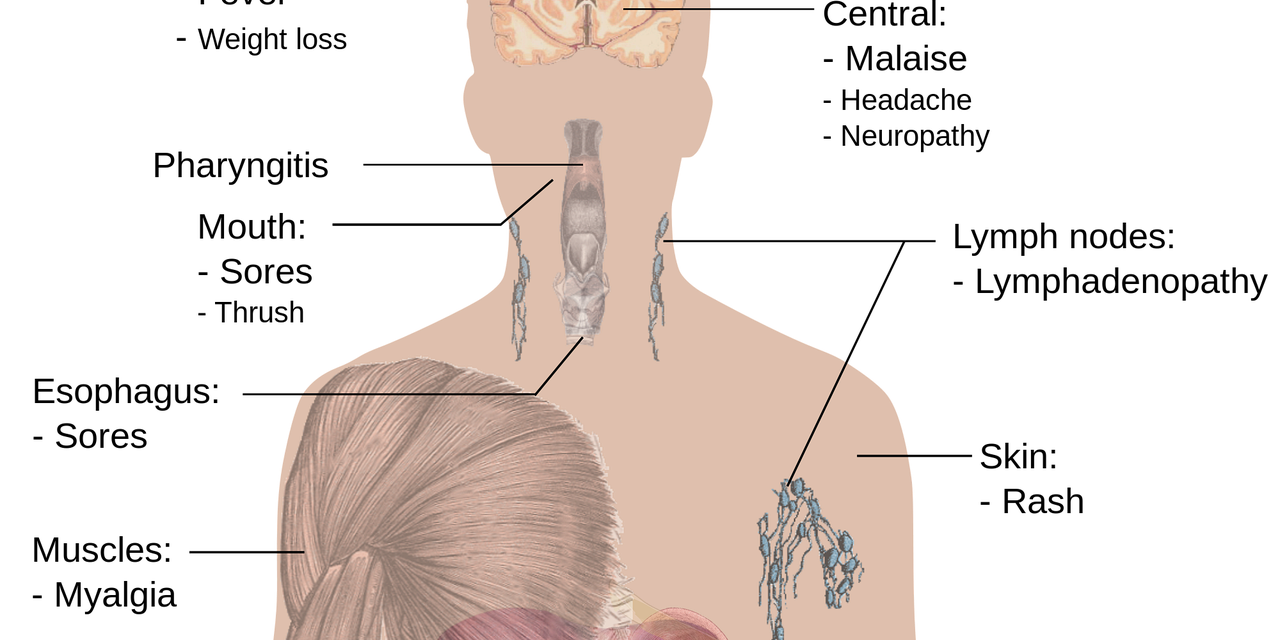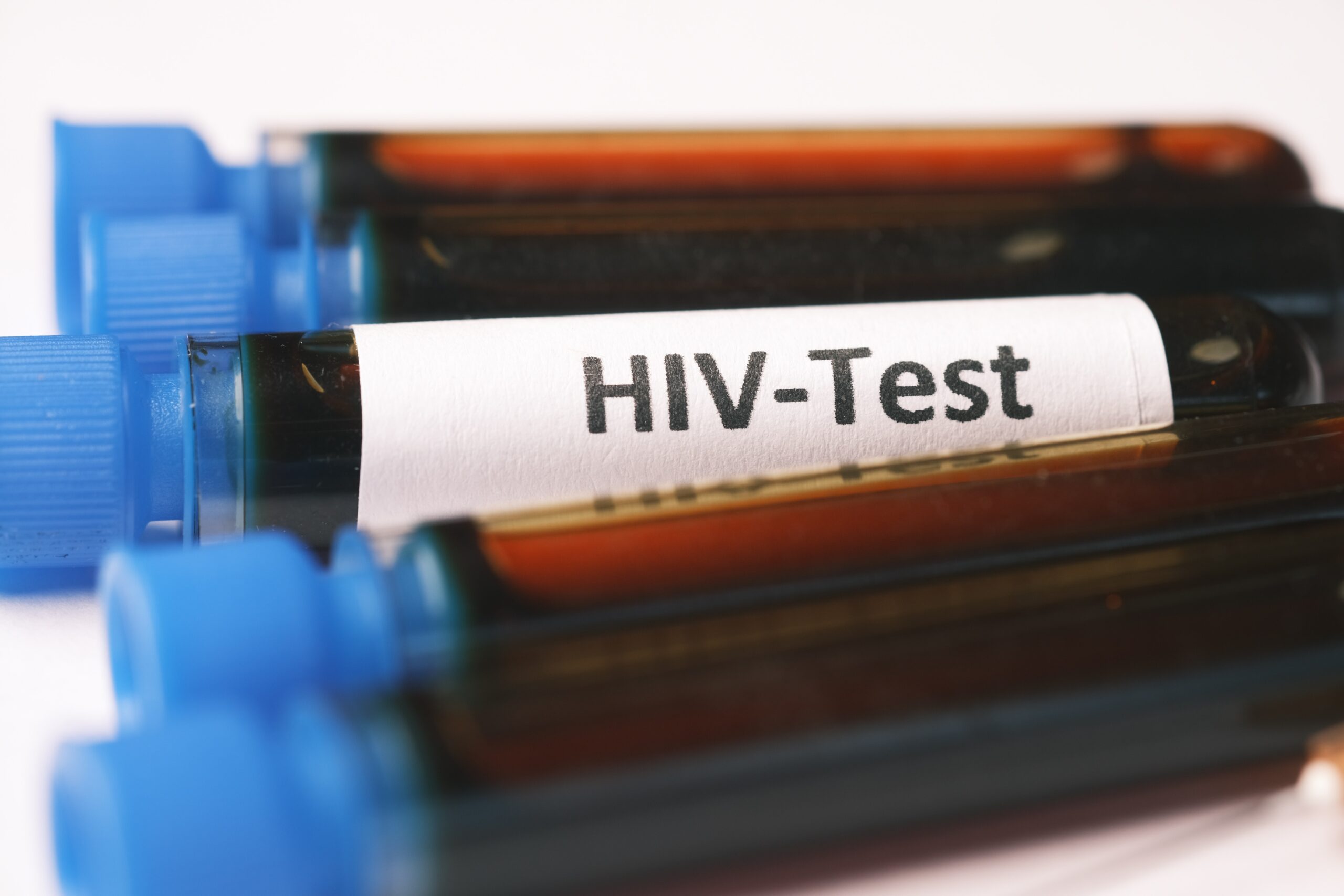HIV Wasting Syndrome, characterized by significant weight loss, muscle atrophy, and an overall decline in health, remains a significant challenge in the management of HIV/AIDS. As medical advancements continue to evolve, the role of anabolic steroids in combating HIV Wasting Syndrome has garnered attention. Anabolic steroids, known for their muscle-building properties, offer a potential avenue for restoring strength and improving the quality of life for individuals affected by this debilitating condition. This article explores the mechanisms of anabolic steroids, their efficacy in treating HIV Wasting Syndrome, safety considerations, patient selection, and ethical aspects.
Understanding HIV Wasting Syndrome
HIV Wasting Syndrome is a complex condition arising from the interplay of various factors. Chronic inflammation, altered protein metabolism, and hormonal imbalances contribute to the rapid loss of lean body mass and decline in overall health. The syndrome is marked by unintentional weight loss exceeding 10% of total body weight and is associated with increased mortality rates. These physiological changes are closely linked to the dysregulation of metabolic pathways and the body’s inability to adequately repair and regenerate muscle tissue.
Anabolic Steroids: Mechanisms of Action
Anabolic steroids are synthetic derivatives of testosterone, a male sex hormone responsible for muscle growth and development. They function by binding to androgen receptors in muscle cells, promoting protein synthesis, and inhibiting protein breakdown. This dual action leads to enhanced muscle mass and strength. Additionally, anabolic steroids stimulate the production of insulin-like growth factor 1 (IGF-1), a hormone that plays a crucial role in muscle growth and repair. These mechanisms collectively support the rebuilding of muscle tissue and counteract the catabolic processes prevalent in HIV Wasting Syndrome.
Efficacy of Anabolic Steroids in HIV Wasting
Numerous clinical studies and trials have investigated the efficacy of anabolic steroids in treating HIV Wasting Syndrome. Results consistently demonstrate their potential to restore muscle mass, improve strength, and enhance the overall quality of life for affected individuals. These benefits are not only physical but also psychological, as increased muscle mass and functional capacity positively influence self-esteem and mental well-being. Anabolic steroids have shown superiority over other interventions, such as nutritional supplementation and exercise programs, by directly addressing the underlying muscle loss mechanisms.
Safety Considerations and Side Effects
While anabolic steroids offer promising benefits, their use also raises safety concerns. Cardiovascular risks, including elevated blood pressure and unfavorable changes in cholesterol levels, are notable side effects. Hormonal imbalances can lead to testicular atrophy in men and virilization in women. Liver toxicity is another potential concern, necessitating regular monitoring of liver function. To mitigate these risks, careful dosage management, cycle planning, and comprehensive health assessments are crucial components of treatment.
Patient Selection and Treatment Guidelines
The selection of appropriate candidates for anabolic steroid therapy is a critical step. Individuals with severe muscle wasting, good overall health, and a clear understanding of the potential risks and benefits are ideal candidates. A multidisciplinary approach, involving medical professionals, nutritionists, and trainers, is essential to develop tailored treatment plans. These plans consider not only anabolic steroid usage but also nutritional support, exercise regimens, and ongoing health monitoring.
Future Directions and Emerging Therapies
Advancements in anabolic steroid research continue to shape the landscape of HIV Wasting Syndrome treatment. Selective Androgen Receptor Modulators (SARMs) and combination therapies are being explored for their potential to provide benefits similar to anabolic steroids while minimizing unwanted side effects. Moreover, alternative strategies such as myostatin inhibitors, which target the protein that limits muscle growth, and innovative muscle rehabilitation programs are under investigation.
Ethical Considerations
The use of anabolic steroids in treating HIV Wasting Syndrome raises ethical questions related to patient autonomy, informed consent, and the balance between potential benefits and risks. Open communication between healthcare providers and patients is essential to ensure individuals make informed decisions about their treatment options. Striking the right balance between maximizing treatment benefits and avoiding misuse or abuse of anabolic steroids remains a critical ethical consideration.
Conclusion
Anabolic steroids hold promise as a valuable tool in the fight against HIV Wasting Syndrome. By leveraging their mechanisms of action, anabolic steroids aid in restoring muscle mass, improving strength, and enhancing overall health and quality of life. While the benefits are evident, caution must be exercised due to potential side effects. A comprehensive and holistic approach that includes proper patient selection, careful dosage management, and close medical supervision is essential for realizing the full potential of anabolic steroids in addressing the challenges posed by HIV Wasting Syndrome.
QNA
Q1: What is HIV Wasting Syndrome, and why is it a concern?
A1: HIV Wasting Syndrome refers to a condition characterized by significant weight loss, muscle atrophy, and declining health in individuals with HIV/AIDS. It poses a serious concern due to its association with increased mortality rates and a substantial impact on the quality of life of affected individuals.
Q2: How do anabolic steroids work in the context of HIV Wasting Syndrome?
A2: Anabolic steroids are synthetic derivatives of testosterone that bind to androgen receptors in muscle cells. They enhance muscle protein synthesis and inhibit protein breakdown, promoting muscle growth. Additionally, they stimulate the production of insulin-like growth factor 1 (IGF-1), a hormone crucial for muscle repair and growth. These mechanisms counteract the muscle loss and catabolic processes seen in HIV Wasting Syndrome.
Q3: What benefits have studies shown regarding the use of anabolic steroids in HIV Wasting Syndrome treatment?
A3: Clinical studies consistently demonstrate that anabolic steroids can restore muscle mass, improve strength, and enhance the overall quality of life for individuals with HIV Wasting Syndrome. They offer not only physical benefits but also psychological advantages by boosting self-esteem and mental well-being.
Q4: How do anabolic steroids compare to other interventions like nutritional supplementation and exercise programs?
A4: Anabolic steroids have shown superiority over other interventions in treating HIV Wasting Syndrome. Unlike nutritional supplementation and exercise alone, anabolic steroids directly target the underlying mechanisms of muscle loss, making them more effective in rebuilding muscle tissue and improving overall strength.
Q5: What are the potential safety concerns associated with anabolic steroid use?
A5: Anabolic steroid use comes with potential risks, including cardiovascular issues like elevated blood pressure and adverse changes in cholesterol levels. Hormonal imbalances, such as testicular atrophy in men and virilization in women, can also occur. There’s a risk of liver toxicity, necessitating regular monitoring of liver function.
Q6: Who is an ideal candidate for anabolic steroid therapy in the context of HIV Wasting Syndrome?
A6: Individuals with severe muscle wasting, good overall health, and a thorough understanding of the potential benefits and risks make ideal candidates for anabolic steroid therapy. A multidisciplinary approach involving medical professionals, nutritionists, and trainers is crucial in developing personalized treatment plans.
Q7: What are some emerging therapies and strategies in this field?
A7: Research is exploring alternatives like Selective Androgen Receptor Modulators (SARMs) and combination therapies, which aim to provide benefits similar to anabolic steroids with fewer side effects. Additionally, myostatin inhibitors and innovative muscle rehabilitation programs are being investigated for their potential to address HIV Wasting Syndrome.
Q8: What ethical considerations are associated with anabolic steroid use in treating HIV Wasting Syndrome?
A8: Ethical considerations include patient autonomy, informed consent, and striking the right balance between potential benefits and risks. Open communication between healthcare providers and patients is crucial to ensure individuals make well-informed decisions regarding their treatment options.
Q9: How should healthcare professionals approach the use of anabolic steroids in HIV Wasting Syndrome treatment?
A9: Healthcare professionals should adopt a comprehensive and holistic approach. This includes careful patient selection, proper dosage management, and regular health monitoring. Collaboration among medical experts, nutritionists, and trainers is essential to maximize treatment benefits while minimizing potential risks.
Q10: What is the key takeaway from the article regarding anabolic steroids in HIV Wasting Syndrome treatment?
A10: The article emphasizes that anabolic steroids hold promise as a valuable tool for combating HIV Wasting Syndrome. While they offer significant benefits in terms of muscle rebuilding and strength improvement, their use requires careful consideration, medical supervision, and a holistic approach to ensure the best outcomes for affected individuals.
Author

Dr. Aditya K. Sharma
I am Dr. Aditya Sharma, a dedicated urologist specializing in kidney transplants and advanced urological surgeries. My career is driven by a passion for delivering exceptional care and pioneering surgical techniques. Outside the operating room, I have a keen interest in studying the effects of anabolic steroids on bodybuilding, seeking to understand the fine line between enhancing performance and maintaining health.








